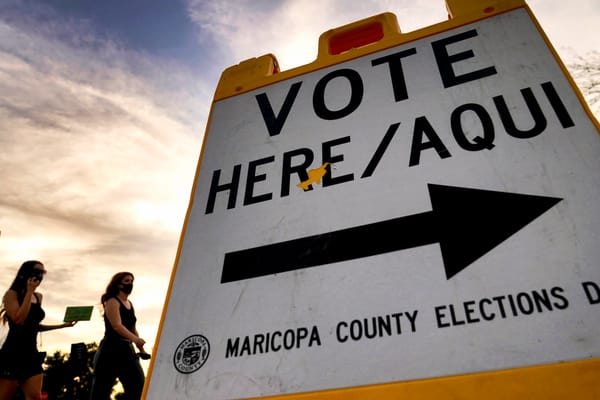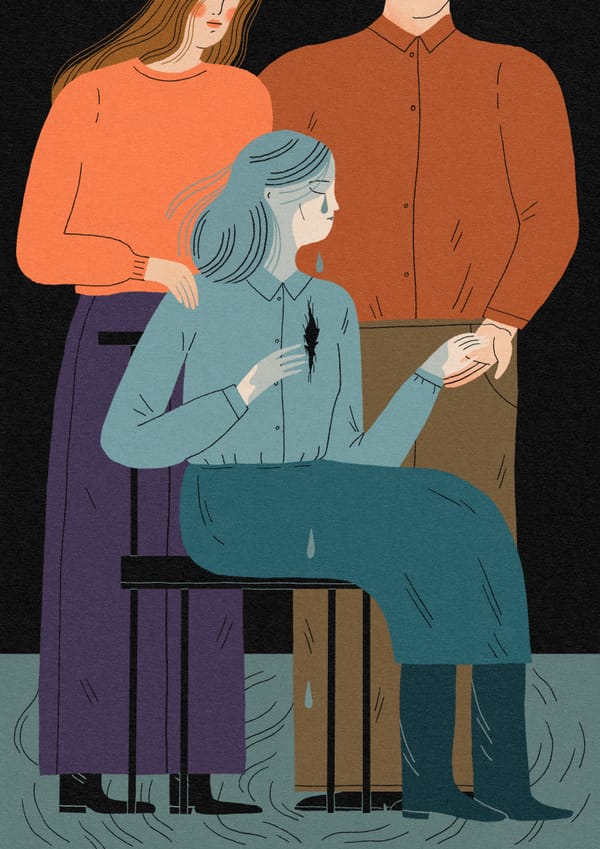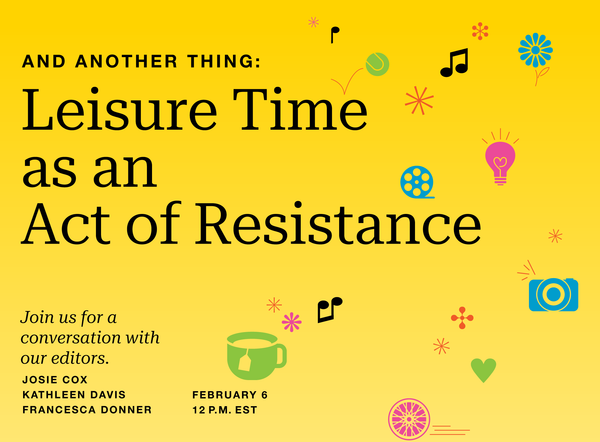Like Her Or Not, We’re All Swifties Now. (But Not For the Reasons You Think.)
When Taylor Swift releases a new album, we all profit. "The Life of a Showgirl," is no exception.
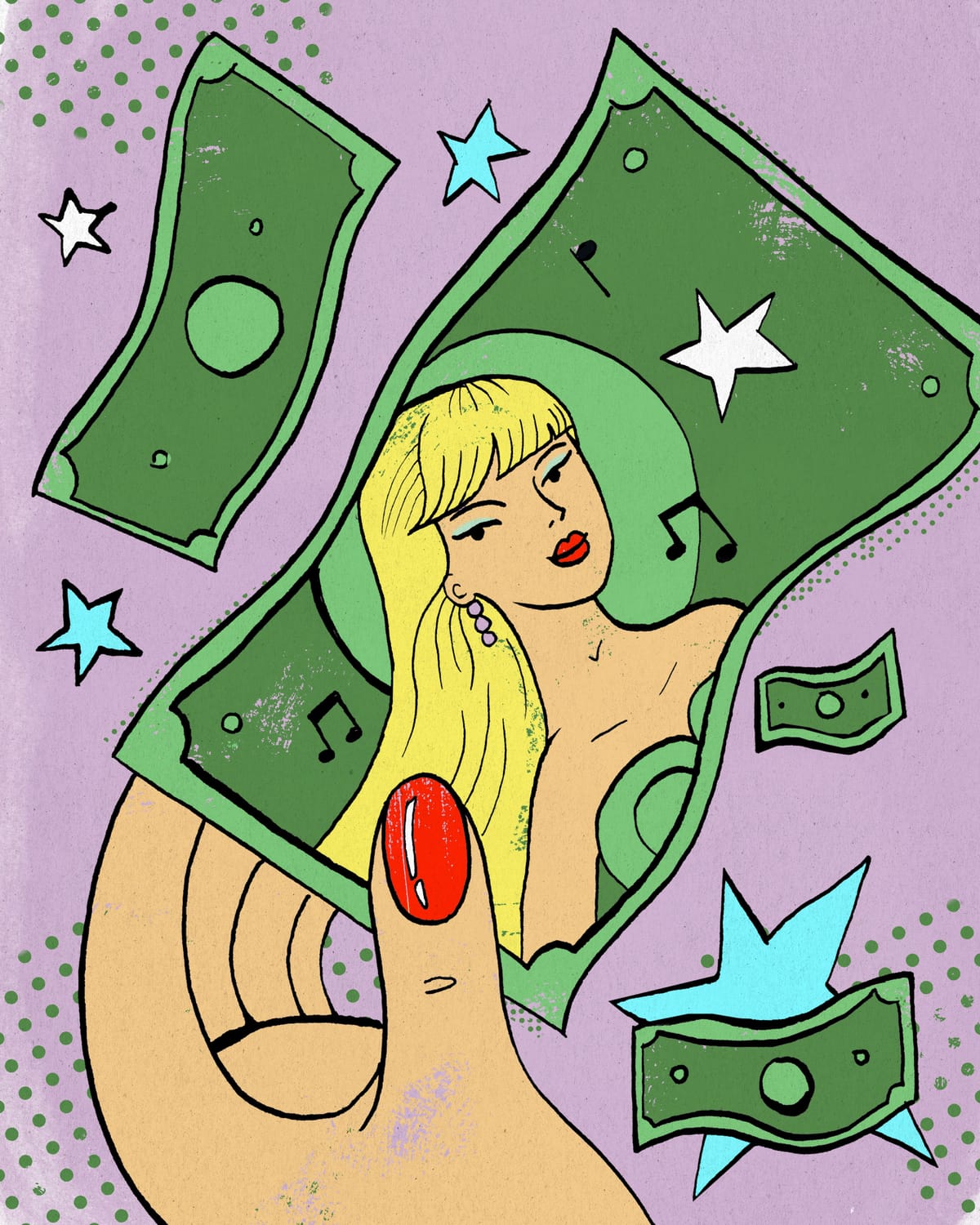
Last Saturday, I put on my headphones and, like millions of others, I listened to Taylor Swift’s new album. Later, I went on social media and, like millions of others, I shared my thoughts.
For what it’s worth—not that my opinion matters—I liked the album. It’s more mellow and moody than what I had been expecting. And while Swift’s lyrics might come across as a little overwrought, overall, I think the album is a solid listen. Twelve tracks; a tight 41 minutes: The exact length of time it took me to travel from home to lunch with a friend. And I certainly wasn’t bored.
Of course, many disagree with my take.
Where there’s hype there’s always discord, and the hype around “The Life of a Showgirl” had been spectacular. The Guardian’s review described it as “dull razzle-dazzle from a star who seems frazzled.” The Atlantic declared that with her 12th studio album’s release, “Taylor Swift’s fairytale is over,” and that “she doesn’t sound like she’s having fun.”
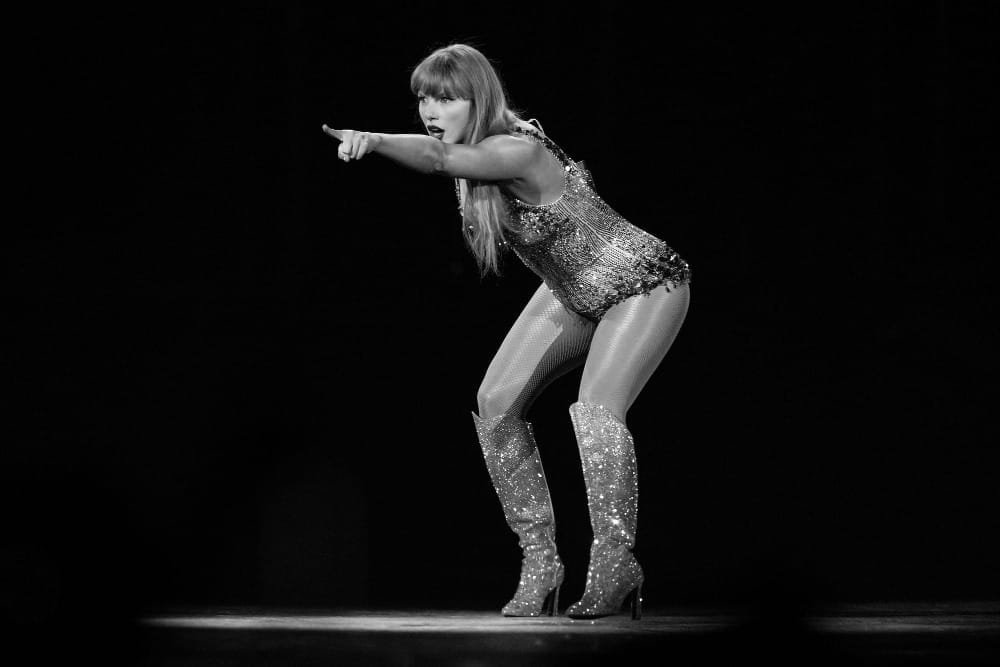
When it comes to music everyone is entitled to an opinion—and thank goodness! Isn’t subjectivity exactly what makes art exciting in the first place? But if you care about the health of the global economy, don’t let your legitimate criticism of Taylor Swift, the artist, blind you to the value of Taylor Swift, the economic force. Love her or loathe her, she’s good for us all.
‘Animal Spirits’
If there’s one thing we’ve learned from Swift’s roughly two-decade career so far, it’s that she doesn’t just dominate pop culture—she moves markets; she grows entire economies.
Her last major project, the Eras Tour, generated an estimated $5 billion in U.S. consumer spending, according to multiple economic studies. Cities that hosted her concerts experienced tourism booms, with Los Angeles alone seeing a $320 million bump to its GDP from just six shows. Hotels filled, restaurants overflowed, and local tax revenues surged. In a post-pandemic economy still wobbling between relief and fatigue, “Swiftonomics” became an unambiguously positive story.
And that’s not even counting her recorded music. “The Tortured Poets Department,” her 11th album which was released last year, made up over 6% of all album sales in the U.S. in 2024—an unheard-of share for a single artist in a fragmented streaming era.
Every Swift album release sends ripples through retail and tech: spikes in merchandise, vinyl production, online traffic, and even airline traffic and tourism can be considerable.
Economists have long talked about “animal spirits”—the psychological confidence that keeps consumers spending even when politics and policy create economic anxiety. (Even a cursory glance at the financial headlines right now makes it clear that many Americans are very worried about the economy.)
It’s fair to think of “animal spirits” as a sort of soft-power stimulus. A new album means new listening parties, new merch, new excuses to travel, to go shopping, and to gather. Sure, it’s discretionary spending, but it’s also optimism-based spending. When people feel good, they go out more. They splurge on tickets, treats, hotel stays, streaming subscriptions. Multiply that across millions of fans around the world, and suddenly culture becomes cashflow. Of course, at thousands of dollars apiece, some “Eras” tour tickets were far out of reach for the average American, but many can afford a $20 movie theatre ticket.
The “Eras Tour” didn’t just fill stadiums; it filled ledgers. Analysts estimate that the total economic output associated with the tour—both direct and indirect—could top $10 billion globally once all multiplier effects are tallied. That’s roughly the GDP of Monaco. Even the Federal Reserve’s Beige Book—a notoriously dull survey of business sentiment—cited Swift as a factor in local spending upticks.
The Economics of Joy
To be clear, I’m not suggesting Taylor Swift can single-handedly steer the U.S. economy away from a recession. But what’s important to understand here is that when faith in politics or institutions wanes, people still look for meaning—and often, for joy—in culture. That joy has real monetary consequences.
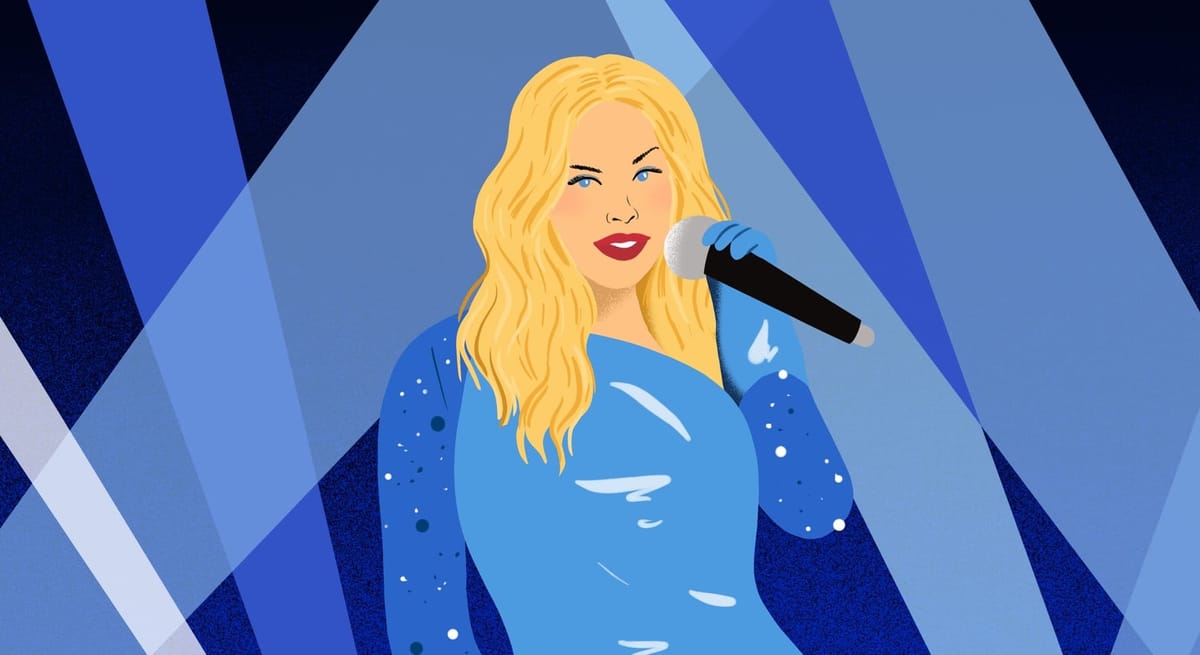
Swift’s economic impact isn’t filtered through tax cuts or stimulus checks; it’s crowd-sourced through fandom. And the fan base, though predominantly white, female and young, is not economically homogenous. Those who can afford to travel and buy concert tickets, of course skew wealthy; but lower income fans also spend in ways that benefit small businesses, gig workers, and local economies. Every Taylor Swift T-shirt sold is a micro-transaction that matters. Together, they add up.
Against headlines which warn of an oncoming recession, tariffs and market anxiety, Taylor Swift’s cultural economy stands out as a counter-current—a reminder that spending can still be joyful and that joy has more value than we might give it credit for.
So, go ahead and roll your eyes at another Taylor Swift album cycle. Tell me you hate Elizabeth Taylor, about whom an entire song on the latest album is written. (By the way, if you do, you’re wrong.) But don’t tell me that retail numbers ticking up or streaming platforms reporting record traffic isn’t at least somewhat uplifting in a doom-and-gloom economy. People are investing in culture! We have front row seats to a case study in economic psychology! Enjoy the show!
And apropos of enjoying the show, the movie, “The Official Release Party of a Showgirl,” essentially an 89-minute advertisement for the album, sold an estimated $33 million in tickets at cinemas in the U.S. and Canada from Friday through Sunday, according to Comscore, which compiles box office data.
In an era when traditional policy tools might feel blunt, and polarized politics paralyze fiscal action (hello, government shutdown), perhaps it takes a pop star to show us that not all stimulus comes from Washington. Sometimes, it comes from a guitar riff, a catty lyric—and, yes, of course a fanbase that’s more than willing to pay for their little slice of Taylor.
Of course you don’t have to like Taylor Swift’s new album. It’s OK to admit you were hoping for a slew of trademark-Taylor upbeat bops. But for the sake of all of us, be grateful that many people think it’s brilliant—and that many people really do think she really is worth every single bit of the hype.




